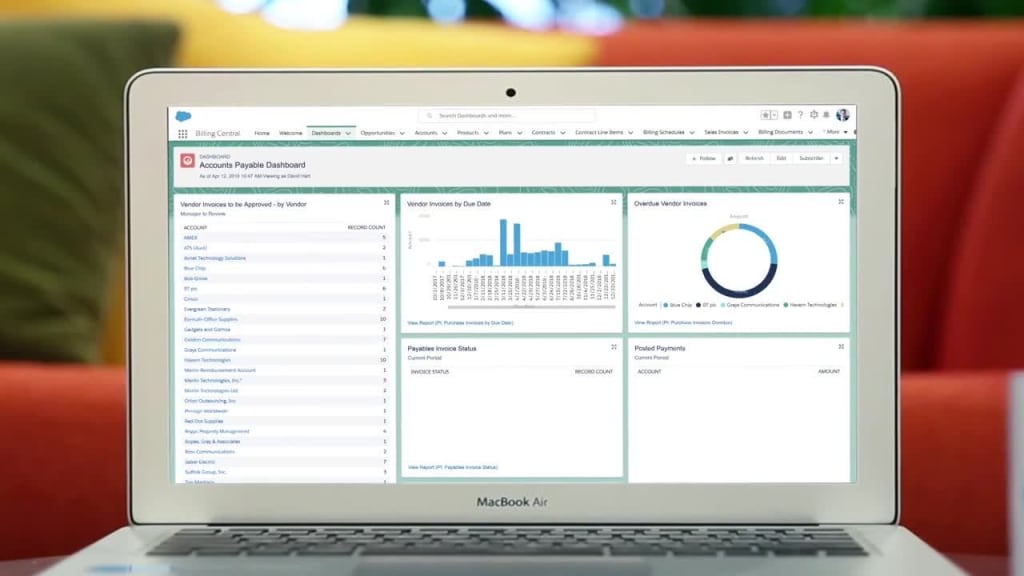Set up a USABLE Budget
Get your numbers right the first time!

Now that we've defined wealth, how do you grow your coffers? Set a budget, fund the budget, STICK TO THE BUDGET!!!, and reap the rewards! I'll expand on these concepts, but wealth accumulation is simple : spend LESS than you EARN!
Regardless of whether you own your home or rent it, your monthly housing payment should never be more than twenty five percent of your budget (one week's pay out of every four). If you're bringing home one thousand dollars a week, then that's your maximum monthly housing payment. Period. For most, the thought of what that amount will get you is depressing. Realistically, what is holding you to your present city? Family? Your current job? The average person has a job that is easily transferrable. Have you ever considered moving to a lower cost of living area? Economic migration has been the primary driver of wealth in the United States since our nation's inception. The pandemic put that behavior into overdrive! According to Forbes, 2020 saw New York, New Jersey, and California lose population to Idaho, Tennessee, and Texas (among others). Why? $$$ that's why!
The average American A.) Cannot absorb an unplanned five hundred dollar expense & B.) Doesn't have the monthly income necessary to afford their monthly rent. How do we remedy this?
One option is to find roommates. The problem there is picking the right roommate! Will they keep up on your shared bills, or will they default leaving you holding the bag? Option two is to find housing you can afford farther out from the city center, but what are the costs tied to that housing? What will your new commute cost you vs. your current? Any change in utilities? What is your time worth - will you live in your car? Option three is to relocate. What would your expenses look like in relation to your income in a different location? For option one, how well do you know this person? Is this a "Facebook friend", or someone you REALLY know? Did you utilize a roommate matching service, like www.SilverNest.com? How well do you need to manage your roommate relationship? Can you get away with a simple agreement you can find online, or in stores like Staples or Office Depot? Or do you need a more intensive management system, like www.Tribevest.com? For option three; are you able to transfer with your current employer? How difficult is it to find an equivalent position in your field, elsewhere? Do you like your current field, or is it time for a change of pace?
So! Without flogging a dead horse, a maximum of twenty five percent of your budget allocated for housing, twenty five percent for living expenses (food and utilities), twenty five percent allocated for savings, and twenty five percent for everything else. Assuming one thousand dollars a week in income, we've now put one thousand dollars a month into four buckets.
We've covered the housing bucket, let's briefly touch on the other three.
Living expenses: are you conscientious with your utility usage? Are you able to trim your expenses here in any way? Do you shut off lights as you move through the home? What temperature do you keep your central air at (if you have that luxury!)? Do you have any subscriptions you aren't using, leaching your bank account without you even knowing it? Are you paying for a storage unit full of worthless possessions you're paying monthly to say you own?
Savings: savings can fall into multiple buckets. If you're a W-2 employee, are you taking full advantage of your employer 401(k) match? Have you spoken to a Financial Consultant on whether a standard 401(k), or Roth 401(k) is better for your financial situation? Do you have an emergency savings account with liquid cash equivalent to six months of expenses? Are your vehicles financed? Do you rent or own? It's always better to have more money available to you, versus not enough!
Finally, the "everything else"! While budgeting is an absolute must to get an accurate picture of your financial house, allowing "wiggle room" for unforeseens, luxuries, etc. is necessary to maintain your budget. This bucket is your morning coffee, the bagel with a colleague for "brunch", etc. If you don't properly allocate for your "necessary luxuries", you'll find yourself rapidly going off of budget, to your detriment!
In the next article, we'll cover "good" investing, versus "bad" investing, and the debt that usually goes with it!






Comments
There are no comments for this story
Be the first to respond and start the conversation.